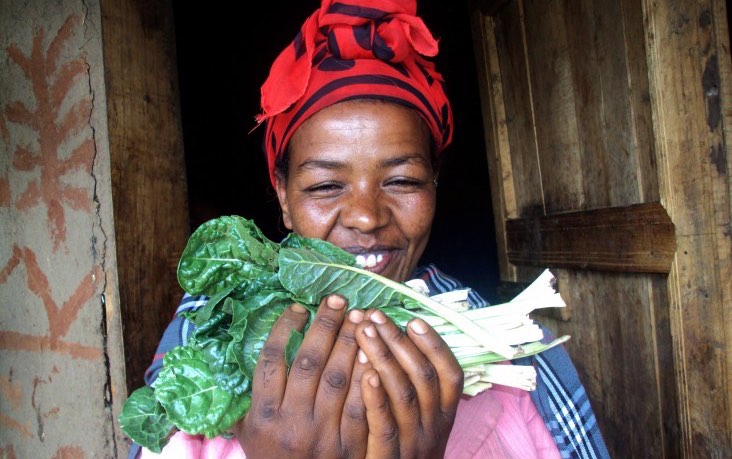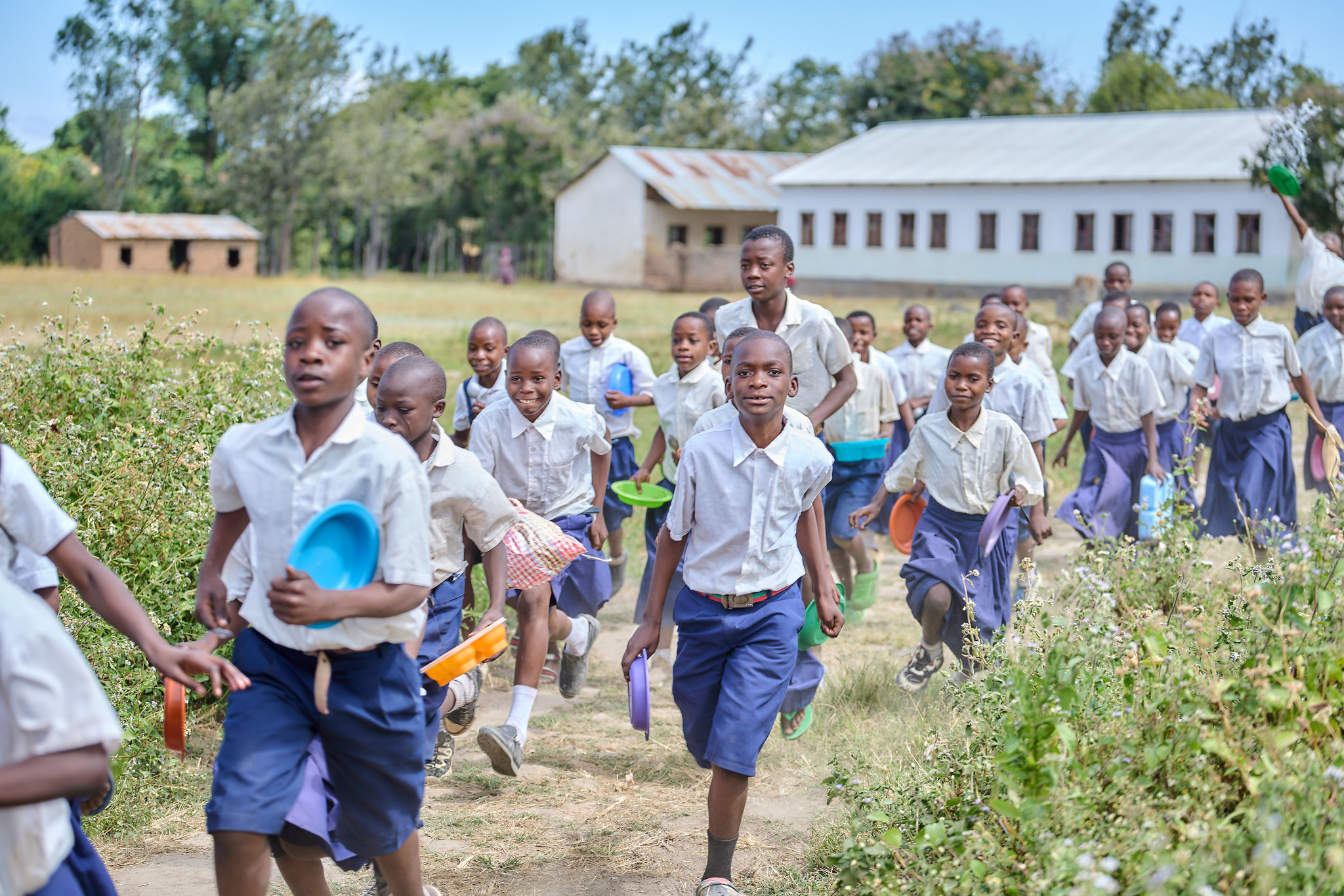Eating fruits and vegetables can help ensure adequate nutrition and reduce the risk of heart disease, cancer, and obesity. Yet most people in lower income countries do not get the recommended daily servings of those foods, largely because they cannot afford them. One recent study of produce prices in 18 countries estimated that low-income people would need to spend half their daily income to get the recommended daily servings of fruits and vegetables.
For decades, homestead gardens have been seen as a way to improve diets and nutrition in developing countries. Non-governmental organizations such as Helen Keller International have promoted this approach in Asia since the 1980s and, more recently, it has become popular in Africa. NGO-led homestead gardening programs have been implemented in at least 22 countries in Africa south of the Sahara alone.
But there have long been questions about whether the programs can be promoted at scale, particularly by governments; whether they work in areas that lack good access to water; and what role markets can play in improving diets.
In a new study, we asses these longstanding concerns. Our analysis, based on a large survey on the adoption of a nationwide homestead gardening program implemented by the Ethiopian government, is the first to examine a large-scale government homestead gardening program.
The results suggest that government-led efforts to promote homestead gardening are effective in communities where water is abundant. Our findings also point to strategies that may be helpful to the Ethiopian government, and others in Africa, as they pursue new and expanded homestead gardening programs.
Homestead gardening has been present in Ethiopia for millennia, though today most backyard production still focuses on staple crops like enset, maize, and teff, or stimulants like coffee and khat, rather than fruits and vegetables. Faced with monotonous diets, widespread nutritional deficiencies, and a high prevalence of stunting among children aged 6-23 months, the government is using health and agricultural extension workers to promote small-scale fruit and vegetable production.
Only 15 percent of households reported operating a homestead garden in the past year, according to our analysis of four mountainous regions of Ethiopia, with most growing leafy Ethiopian kale. Interestingly, the rates were substantially higher, nearly 34 percent, in the Southern Nations, Nationalities, and People’s Region in the country’s southwest, which experiences considerably more rainfall than the three other regions we studied. In Tigray, where water is scarce, just 7.5 percent of households reported operating a garden in the past year.
Indeed, our results suggest that the most important determinant of whether a household built a garden was access to water, as measured by the number of rainy days or the time needed to fetch water during the dry season. For example, while promotion efforts by extension workers are strongly associated with the adoption of homestead gardens in areas with adequate water, promotion does not appear to be effective in areas where water is scarce.
Our findings are based on a rural survey covering households, extension workers, markets and a wide variety of agro-climatic conditions in 264 rural Ethiopian communities and, given Ethiopia’s large and effective public extension system, they may not be exportable outside the country. But they suggest that government extension workers can be successfully changing agricultural practices when the agro-climatic conditions are supportive of these new practices.
The new analysis also points to the need for more strategic thinking about the wisdom of promoting gardens in areas where the water supply is limited, including a large part of the Ethiopian highlands and many other places in Africa.
It may make sense, for example, for the Ethiopian government and others to invest first in improving access to water through drip irrigation and other small-scale measures in these areas, before encouraging fruit and vegetable gardens. The findings also suggest that efforts to promote homestead gardens in Africa south of the Sahara should be much more geographically selective, or combine water investments with garden promotion.
Finally, the study shows the need for more research on markets and their role.
Earlier research has largely focused on distance to the market. But we found a weak association between this “market access” and the adoption of homestead gardens. Instead, we noted that garden adoption was more common in areas with a high quality market, suggesting that this distinction is one that may require further research.
Similarly, the premise of homestead garden programs has long been that the fruits and vegetables grown in a garden would be consumed by the household that grew them, or that they would be sold at market, generating income that improves the diets of the household.
But a large-scale adoption of homestead gardens raises the possibility that fruits and vegetables might become more affordable and available in local markets, resulting in benefits for households without gardens, too.
Kalle Hirvonen is a Research Fellow with IFPRI’s Ethiopia Strategy Support Program and Development Strategy and Governance Division, based in Addis Ababa. Derek Headey is a Senior Research Fellow with IFPRI’s Poverty, Health and Nutrition Division.







